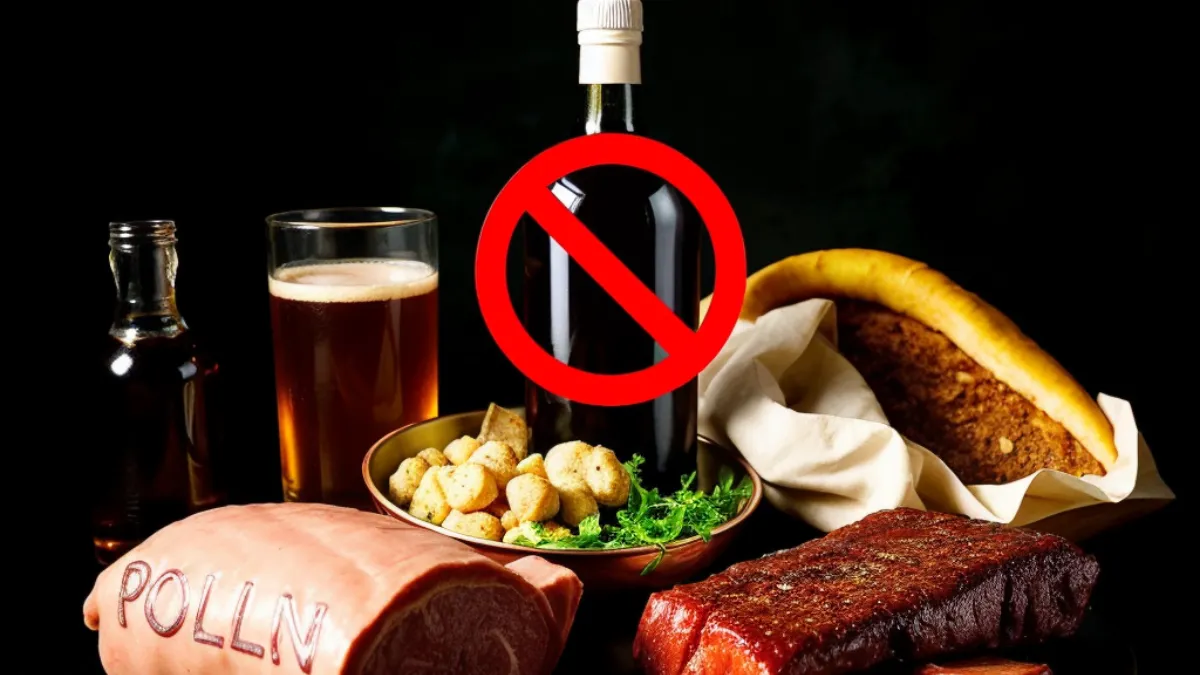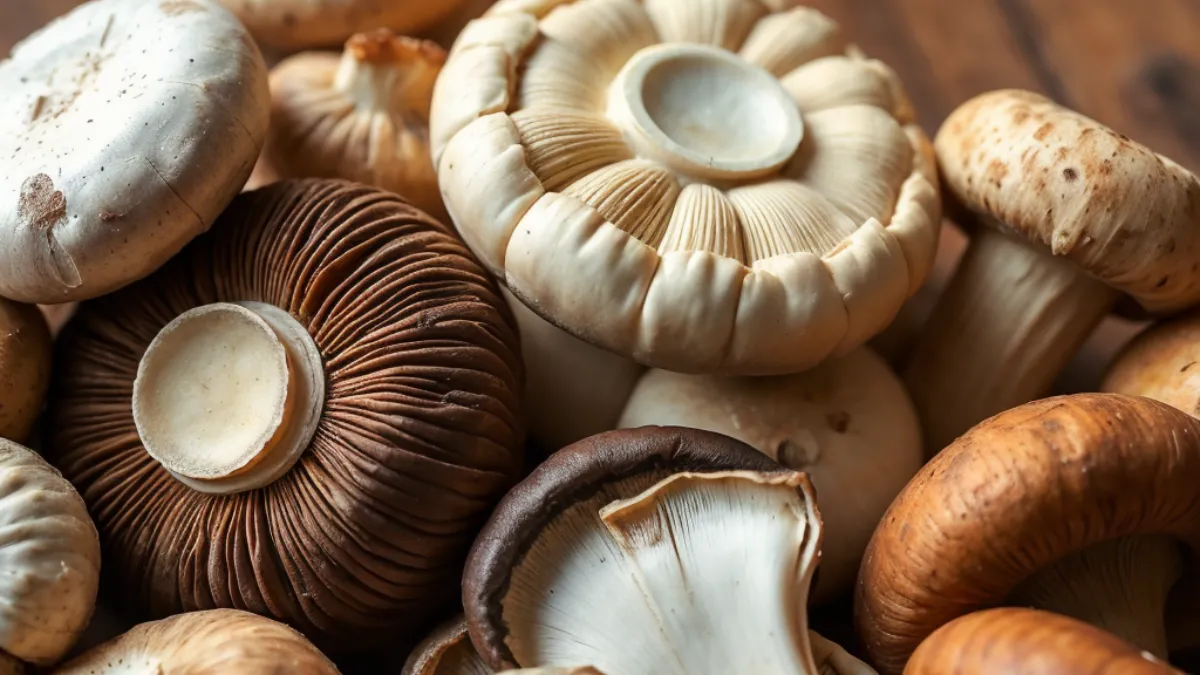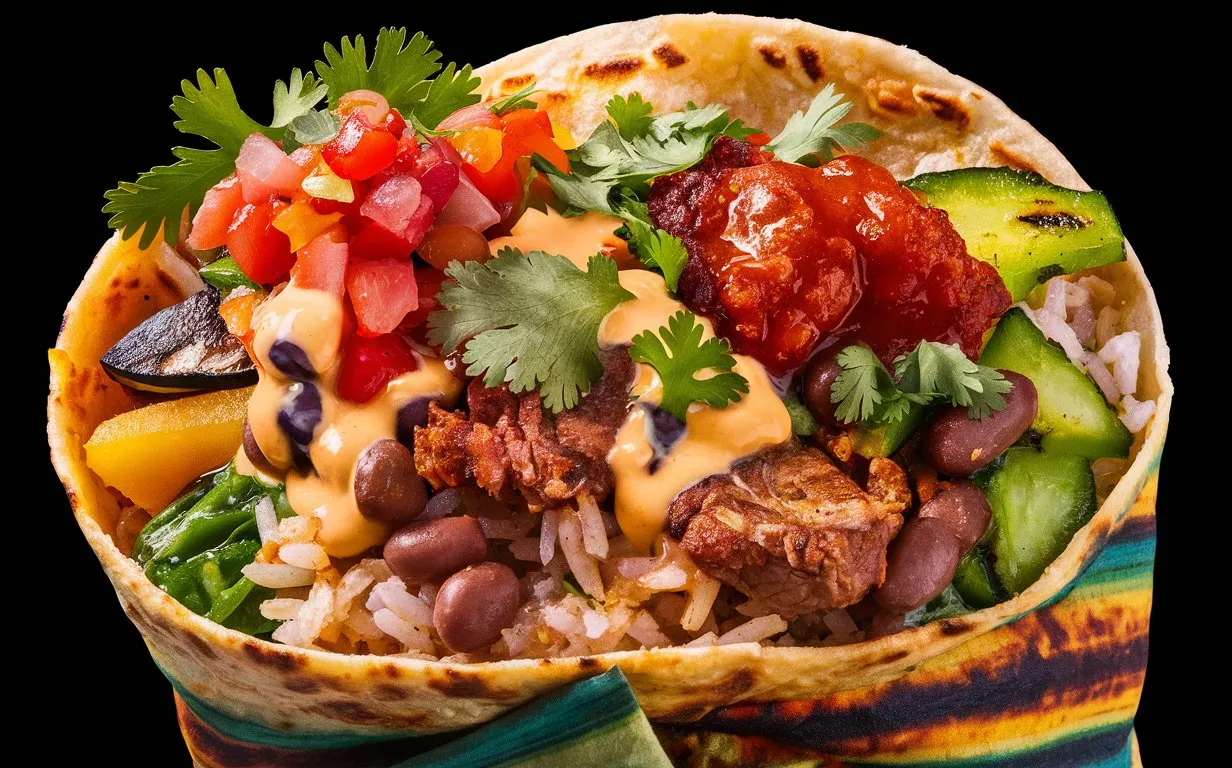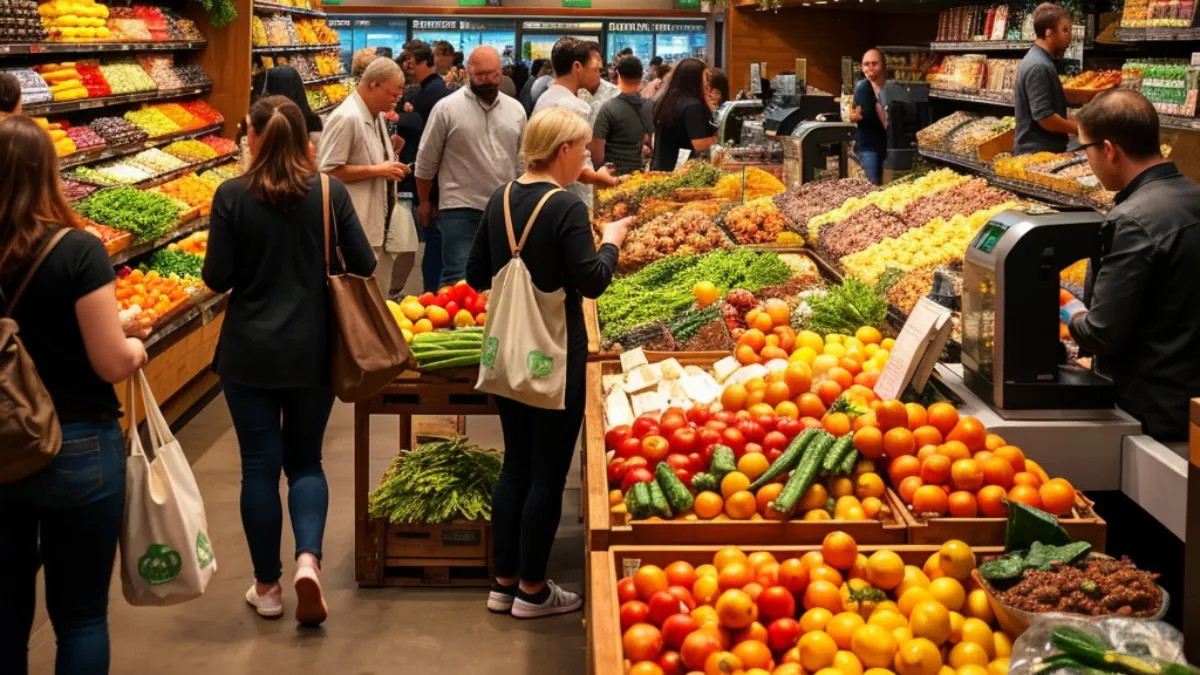Table of Contents
There are distinct dietary regulations according to many cultures and religions. Certain foods are strictly off-limits for Muslims due to religious beliefs. In this article, we will explore the food Muslims dont eat, revealing some surprising truths many people might not know. Understanding these dietary restrictions is essential for those practicing Islam and anyone wanting to respect the diverse culinary practices around the world. Let’s dive into the latest and most exciting updates and reveals about foods Muslims avoid.
Food Muslims Dont Eat: Understanding Halal and Haram
What is Halal?
Halal is a term used in Islam to describe anything permissible under Islamic law. Regarding food, Halal refers to what Muslims are allowed to eat. This includes not only the type of food but also the way it is prepared. Halal is central to understanding the food Muslims don’t eat.
What is Haram?
On the other hand, Haram refers to anything forbidden under Islamic law. Foods that are considered Haram are strictly prohibited by Muslims. The reasons behind these restrictions are rooted in religious teachings that aim to promote a healthy and moral lifestyle.
Food Muslims Dont Eat: Common Foods Muslims Dont Eat
Pork and Pork Products
One of the most well-known foods that Muslims don’t eat is pork. Pork and its products, such as bacon, ham, or sausages, are strictly forbidden. This prohibition comes from the Quran, the holy book of Islam, which explicitly states that pork is impure.
Alcohol and Alcoholic Foods
Alcohol is another major item on the list of foods Muslims dont eat. This includes drinks like beer and wine and any food that contains alcohol, even in small amounts. The avoidance of alcohol is based on its intoxicating effects, which are considered harmful to the body and mind.
Meat Not Slaughtered According to Islamic Rites
For meat to be considered Halal, it must be slaughtered in a specific way, known as Zabiha. If the meat is not prepared according to these Islamic rites, it becomes Haram. This means Muslims cannot eat meat that hasn’t been slaughtered in the name of Allah or if it has been sacrificed to idols.
Food Muslims Dont Eat: Surprising Foods Muslims Avoid
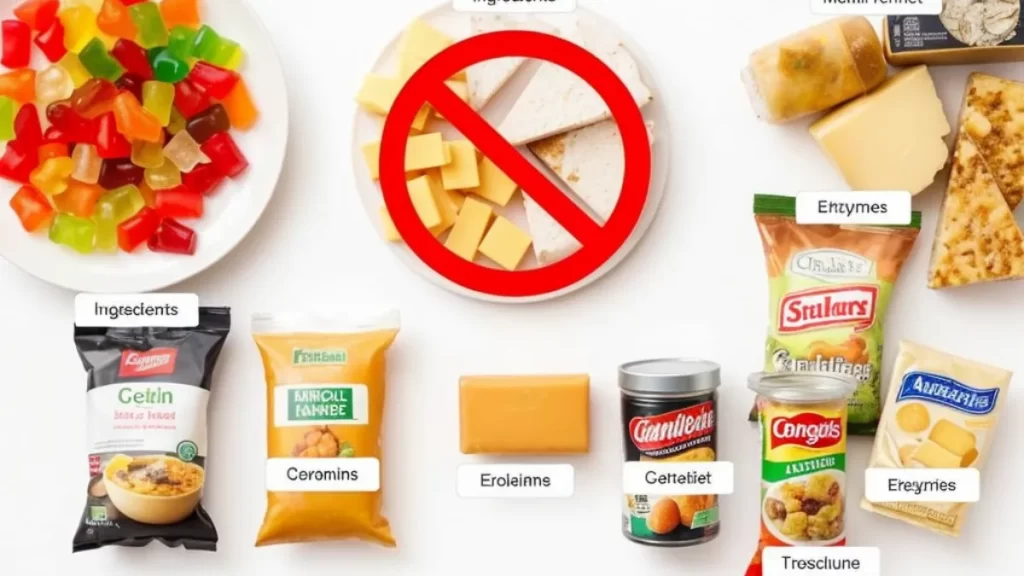
Gelatin
Many people are surprised that Muslims often avoid gelatin, commonly found in candies, marshmallows, and some desserts. Gelatin is usually made from pork or animals not slaughtered according to Islamic laws, making it Haram.
Certain Types of Cheese
Some cheeses contain enzymes that are derived from animals not slaughtered according to Islamic law, making them Haram. Muslims who follow a strict diet may avoid certain types of cheese unless they are labeled as Halal.
Processed Foods with Hidden Ingredients
Processed foods can sometimes contain hidden ingredients that make them Haram. Certain flavorings, colorings, and preservatives might be derived from non-Halal sources. Muslims often need to read labels carefully to ensure their food is permissible.
Latest Exciting Updates about Food Muslims Dont Eat: Changes in Halal Certification
Growing Awareness of Halal Labels
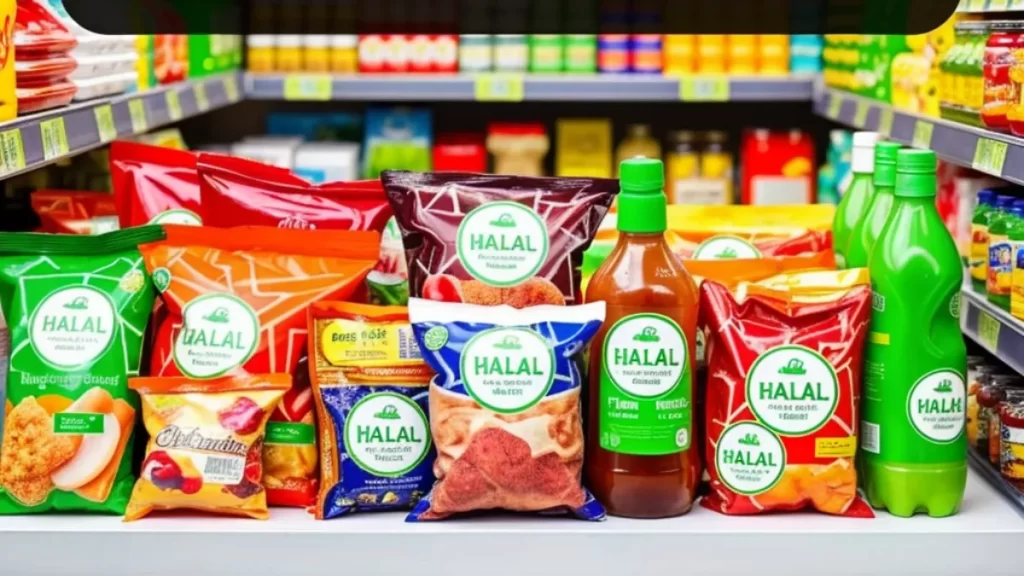
In recent years, there has been a growing awareness of the importance of Halal certification. More companies are seeking Halal certification for their products to cater to the Muslim market, making it easier for Muslims to identify and purchase food that aligns with their dietary restrictions.
Innovations in Halal Food Production
The food industry has seen exciting innovations in Halal food production. More halal alternatives, such as Halal gelatin or plant-based meat substitutes, are now available for previously off-limits foods. These updates make it easier for Muslims to enjoy various foods without compromising their beliefs.
Challenges in Global Markets
Despite the advancements, global markets still face challenges regarding Halal certification. Not all countries have standardized Halal certification processes, which can make it difficult for Muslims to find trustworthy Halal products. This is a growing concern as the Muslim population continues to increase worldwide.
Food Muslims Dont Eat: The Importance of Respecting Dietary Choices
Cultural Sensitivity
Understanding the food Muslims dont eat is not only about following religious rules but also about respecting cultural diversity. When hosting Muslims or preparing food in multicultural settings, it’s essential to be aware of these dietary restrictions to ensure everyone feels included and respected.
Global Impact
The need for cultural sensitivity in food choices grows as the world becomes more interconnected. Businesses and individuals can benefit from understanding and accommodating Muslims’ dietary needs. This promotes inclusivity and opens up new opportunities in the global market.
Also Read: What Food Kills Rats Instantly? Discover the Shocking Truth
The Role of Education
Educating ourselves about the food Muslims don’t eat is critical to fostering a more inclusive and respectful world. Whether you are Muslim or not, knowing these dietary rules helps build better relationships and understanding among diverse communities. We can all contribute to a more harmonious society by staying informed and open-minded.
As awareness of these foods grows, so does the need for Halal options and proper certification. Understanding and respecting these choices is crucial for anyone interested in building a more inclusive and culturally aware world.

